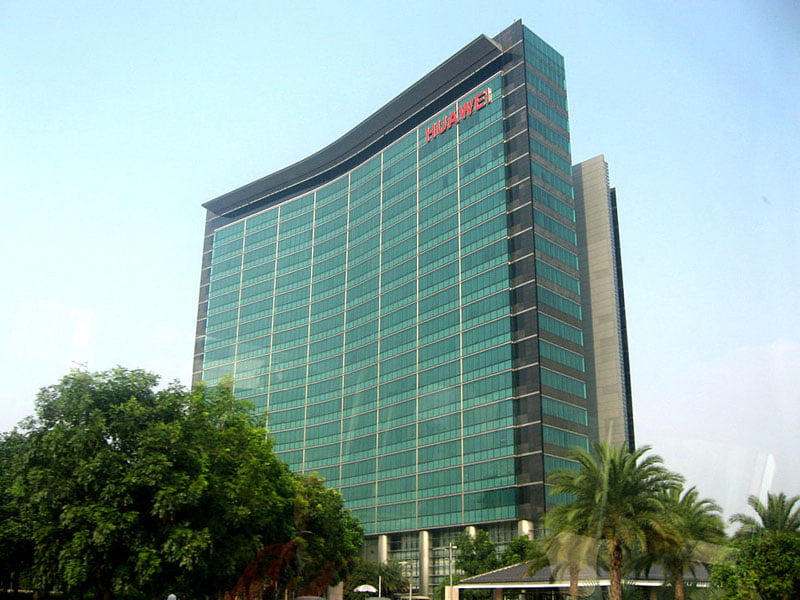The Australian government’s “unethical” and “illegal” ban of China’s global technology brand Huawei had contributed significantly to the deterioration of relations between the two nations, a senior Chinese diplomat says.
China’s deputy ambassador to Australia Wang Xining delivered a scathing rebuke of the federal government’s banning of Huawei from participating in Australia’s 5G network in 2018, just hours before Foreign Minister Marise Payne said the Victorian government’s Belt and Road agreements with China would be torn up.
In the speech to the National Press Club in Canberra, Mr Xining said the Turnbull Government decision to block Huawei had negatively impacted relations between the two countries, to the detriment of local Australian firms and to the standard of technology available to businesses and consumers in Australia.

He accused Australia of “conniving” with the United States on the ban in an effort to prevent a challenge to that country’s “technological dominance”.
“Australia was among the first to forcefully accuse Huawei of a possible security threat…but up to now there’s not a single evidence presented to substantiate such a claim,” Mr Xining said.
“Australia was the first to ban Huawei into domestic telecommunications industry building. Then Australia even persuaded others to follow suit. By doing so I think Australia connived with the US in a very unethical, illegal, immoral suppression of Chinese companies.”
In his recent book, former Prime Minister Malcolm Turnbull said the decision to ban Huawei was a “hedge against a future threat”, rather than being based on “smoking gun” evidence.
Australians have been left with a substandard service because of the ban, Mr Xining claimed.
“As far as I know there’s not a single Australian tech communication equipment company that’s on par with Huawei in terms of technological advancement and sophistication,” Mr Xining said.
“Australia is ranked second from the bottom in terms of market digitisation among OECD countries and the broadband speed here is much slower than some of the developing nations. Australian companies suffered a lot because of the unethical deeds of your government.”
Mr Xining listed this ban as a key event in the deterioration of relations between Australia and China.
Hours later on Wednesday night, Ms Payne announced that Victoria’s Belt and Road agreement with the China government would be scrapped under the federal government’s new foreign veto laws, the first time these have been used.
In a statement, Ms Payne said the agreement, which allows for Chinese investment in Victoria and for local companies to participate in other China-led infrastructure builds overseas, was against Australia’s national interests.
The agreement was non-binding and no financial commitments have been made under it.
The Chinese embassy in Canberra quickly slammed the move.
“This is another unreasonable and provocative move taken by the Australian side against China,” a spokesperson for the Chinese embassy said.
“It further shows that the Australian government has no sincerity in improving China-Australia relations, It is bound to bring further damage to bilateral relations, and will only end up hurting itself.”
Do you know more? Contact James Riley via Email.

